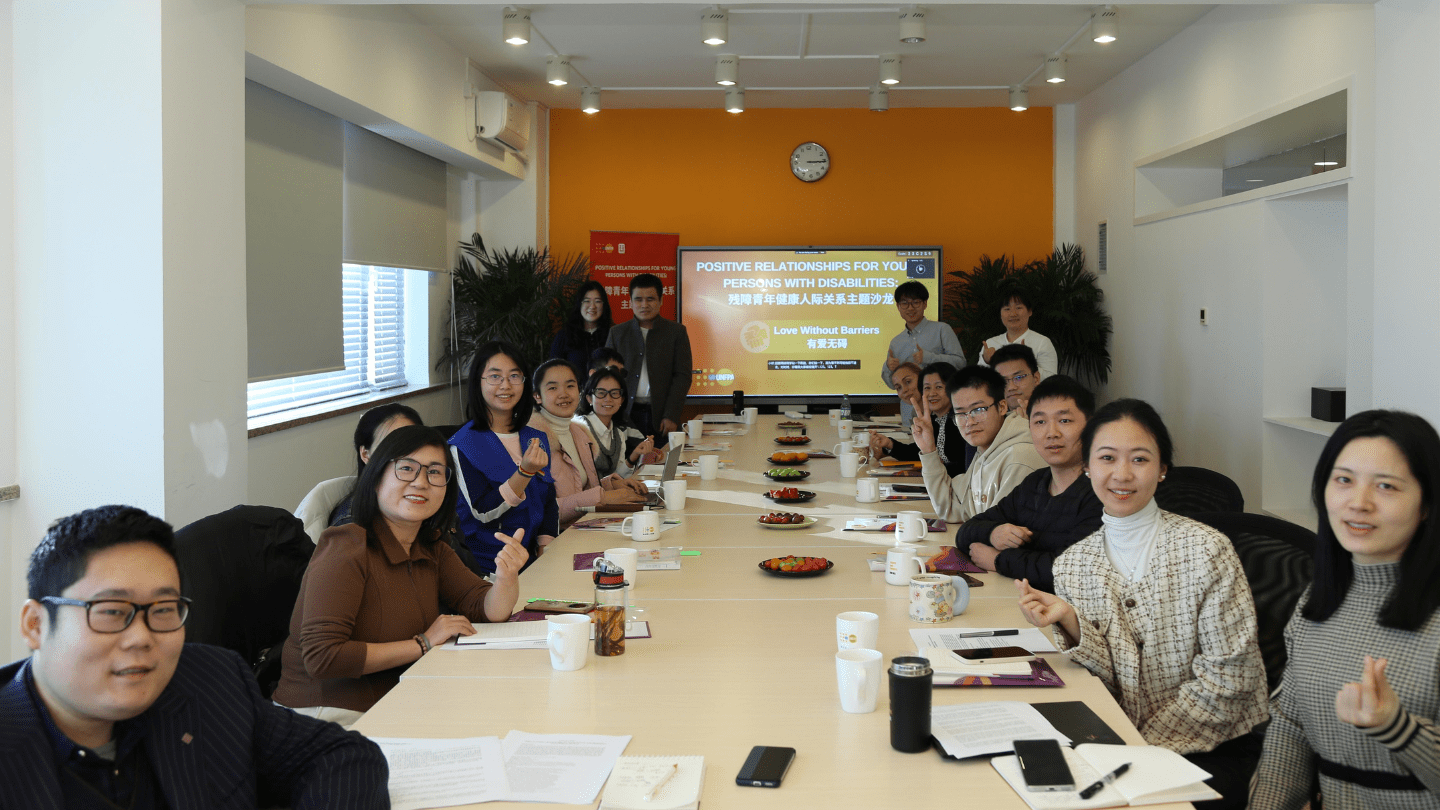BEIJING, China -- On the occasion of the 33rd International Day of Persons with Disabilities, the United Nations Population Fund (UNFPA) in China organized a salon themed "Love Without Barriers." The event was aimed at promoting positive relationships among young persons with disabilities, enhancing communication and sharing of experience, breaking down societal prejudices and barriers, and building a more inclusive and equitable social environment.
About 15 young representatives with diverse backgrounds participated in this salon. The event was facilitated by Yuqiao Yan, a communications consultant for UNFPA China, and received support from volunteers from the Student Accessibility Development Research Association at Tsinghua University.
Participants noted that in today's society, despite increasing attention to the rights of persons with disabilities, they still face many obstacles and prejudices when establishing intimate relationships. Stereotypes and misunderstandings about persons with disabilities often lead to exclusion and discrimination in their emotional life, which not only affects their well-being but also highlights the insufficiency of society's inclusive support systems for persons with disabilities.

Ira Oveson, Deputy Representative of UNFPA China highlighted in her opening remarks UNFPA's firm support for the rights of persons with disabilities. She said, "Through this platform, we hope to provide young persons with disabilities an open and inclusive space for communication, enabling them to freely share their experiences and stories, and explore together how to break down societal prejudices and barriers to achieve a more equitable and inclusive social environment."
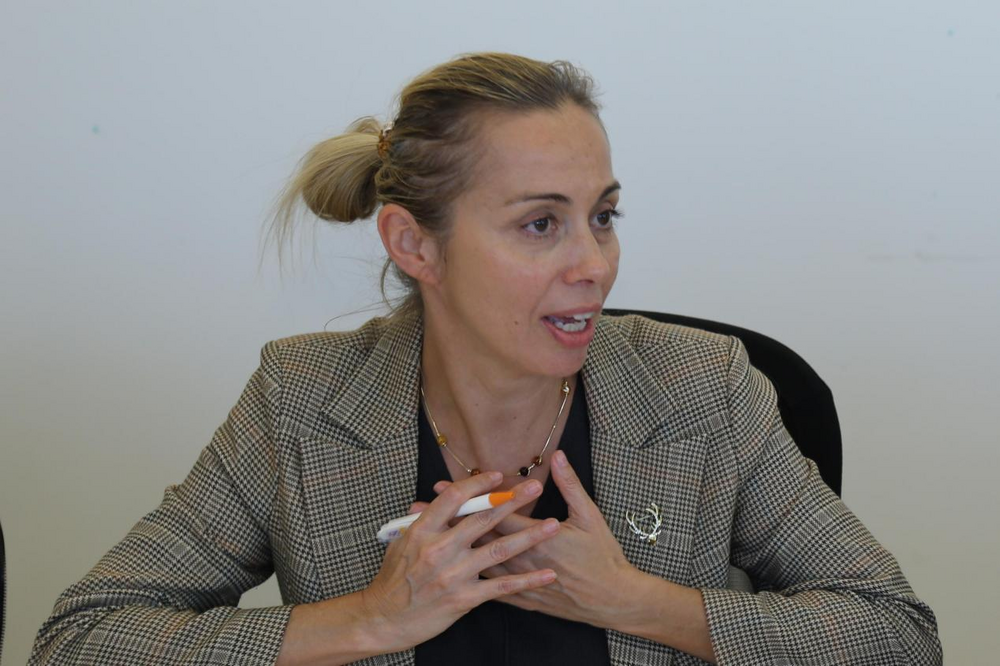
Zhou Wenqing, a master's graduate from Renmin University of China and intern at the United Nations Children's Fund (UNICEF), gave a talk on the topic "Love Beyond Prejudice." She shared her experiences and insights as a young person with disabilities in exploring intimate relationships. She gave examples of the various misunderstandings and prejudices surrounding persons with disabilities in intimate relationships and called on society to view the intimate relationships of persons with disabilities with greater equality and respect.
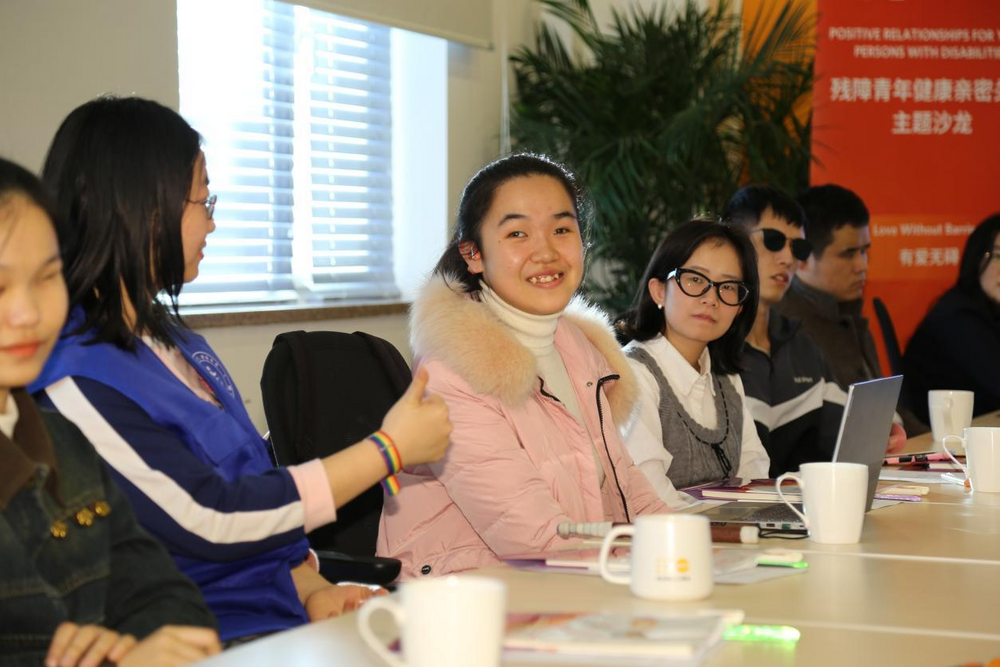
During the roundtable, young people engaged in lively discussions on topics such as “what is a healthy relationship” and “how can young persons with disabilities pursue positive relationships of their choice?"
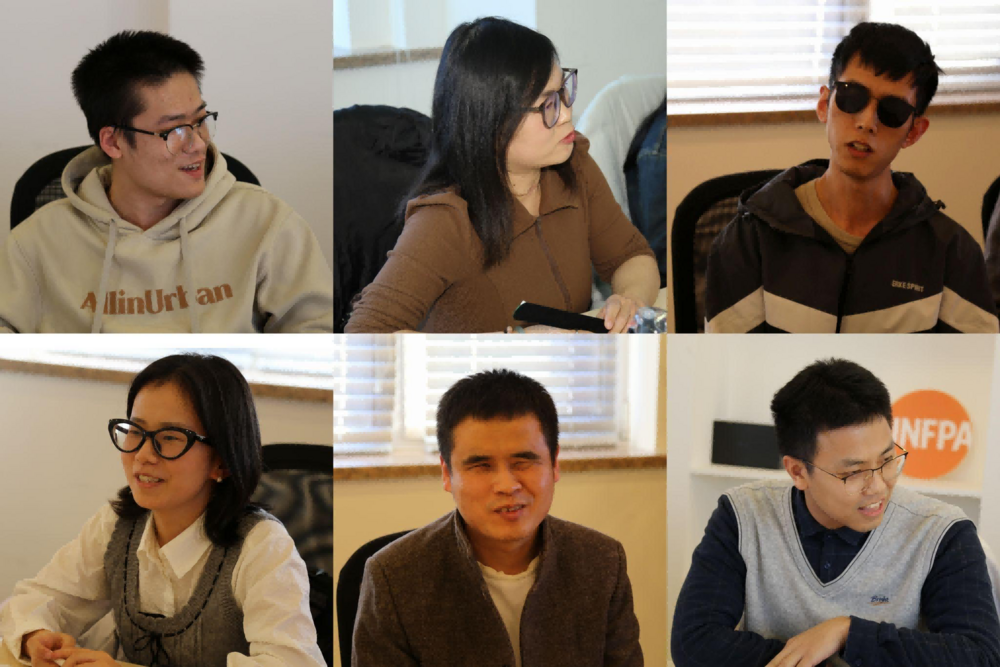
Some emphasized the importance of equality in intimate relationships, highlighting the need for open communication between persons with and without disabilities as a means to break stereotypes and foster mutual understanding. Others underscored the significance of self-recognition and acceptance in intimate relationships, noting that while they expect a romantic relationship, they also consider practical factors, such as the impact of varying disabilities and life skills on the dynamics of a relationship.
"I used to think that I couldn't have love and intimate relationships like 'normal' people. But now I realize that everyone has the right to pursue love and to be loved, regardless of disability. I hope that in the future, there will be more opportunities and platforms for young persons with disabilities to voice our opinions, communicate, and receive support," says one youth participant.
At the end of the salon, Wen Hua, Programme Specialist of UNFPA China appreciated the active participation of young persons in the salon. She reaffirmed UNFPA’s commitment to work with its partners to create more opportunities for young people with disabilities to connect and exchange ideas , while promoting a more inclusive society for all.
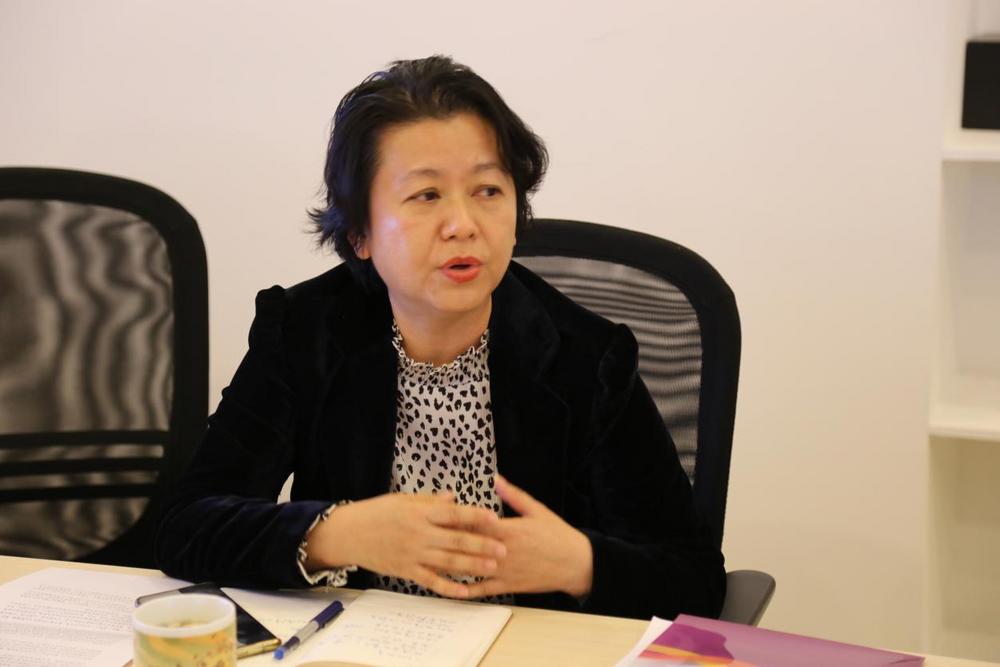
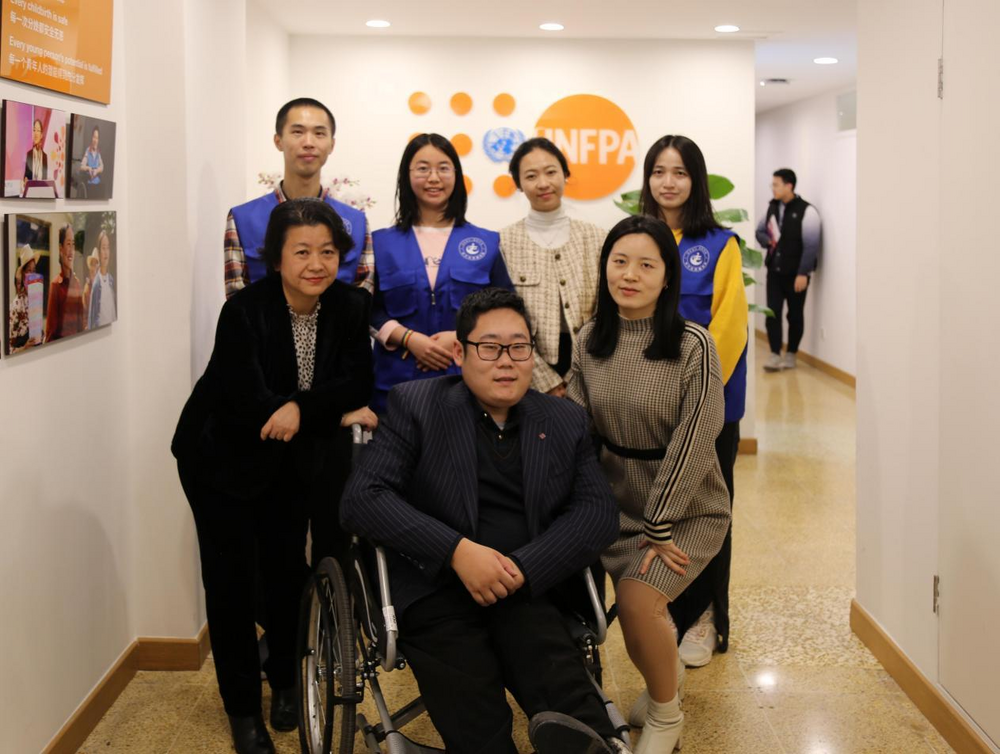
- For more information, please contact:
Shujun Liu, Communications Analyst, UNFPA China, sliu@unfpa.org.

